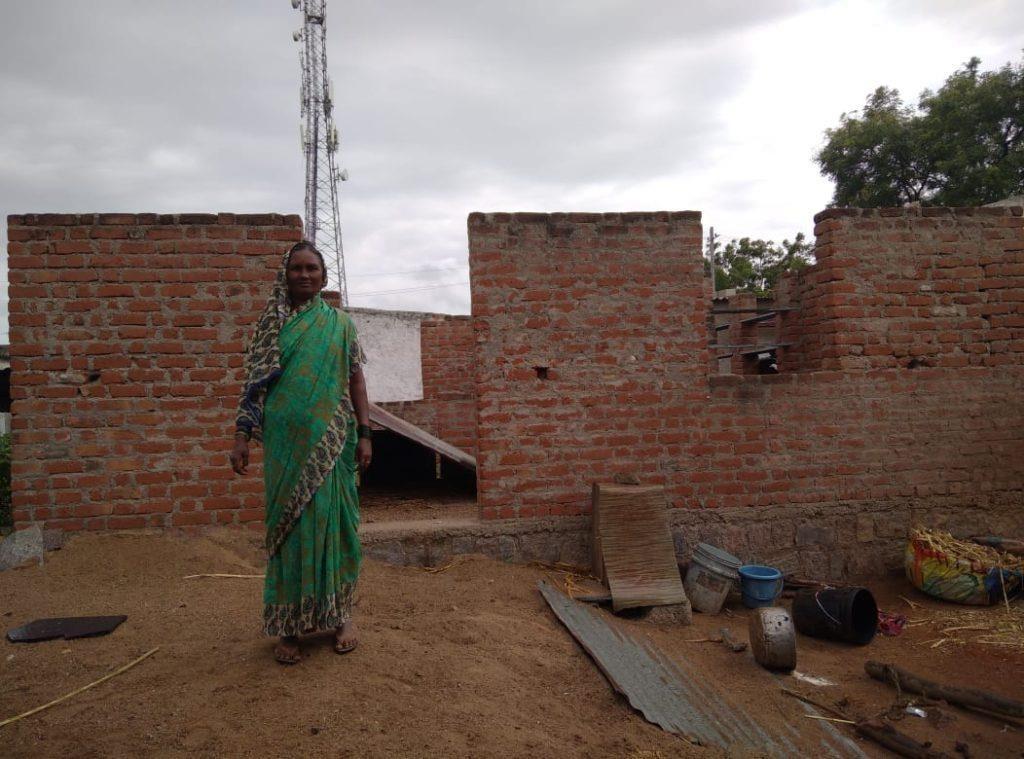child care centre in Bangalore for poor migrant kids
Devadasis face many challenges when it comes to accessing their rights. These challenges present themselves in every sphere of their lives – employment opportunities, access to education, savings and security, healthcare, and even extend to familial tensions and lack of support systems for their children. Where governmental schemes exist, their execution within the community is minimal.
Recommendations – What Can and Needs to be Done
The following recommendations have been prepared by the Sampark team, keeping in mind the multitude of challenges that Devadasis face. With the Government being a key stakeholder, the majority of these are directed towards it while some recommendations would also require the support of other stakeholders such as Civil Society and NonGovernmental Organizations.
Developing a Comprehensive Policy Framework
Conducting Frequent Surveys and Enumeration
Legitimizing Maintenance and Inheritance Rights
Building and Financially Empowering Community-based Organisations

Improved IEC and Sensitization Efforts
Enabling Social M obility for Future Generations
Conducting Frequent Surveys and
A devadasi woman who took part in the survey

In order to effectively address the challenges of the Devadasi system, it is crucial to understand the current situation appropriately. It has been over a decade since the last official survey was conducted and the multiple studies conducted in-between point to significant gaps in identifying and curbing the Devadasi system. Conducting a new survey and frequent enumerations subsequently, can go a long way in tackling these challenges, if carried out effectively. Any benefit that can be given to the Devadasis, especially at a time when the socio-economic situation across the country has taken a hit due to Covid 19, would positively support those who are currently not a part of the beneficiaries list but are suffering.
Empowering the Future
At a time when the country is focusing on StandUp India and Atmarirbhar Bharat, it is important to ensure that those who are discriminated against also get appropriate support to be a part of this drive. When it comes to Devadasis, this would require a two-fold approach – livelihood support and skill training, and not a single-track approach.
This is because, on the one hand, Devadasis who are above the age of 50 may not be interested in upskilling themselves and may require more direct support. Apart from effectively delivering pensions, the Government must thus ensure that loans to start businesses be made more accessible
to Devadasis. According to the survey conducted by Sampark, quite a few Devadasis mentioned the idea of setting up their own business, if given loans. On the other hand, there are Devadasis who are in their 30s who could take up good livelihood opportunities if they are provided with the right skills and training. With the help of Civil Society Organizations working in this field, interest and need-based skill training programs can be undertaken and provided to them.
ABOUT US
Sampark is an Indian based, non-profit, non-governmental organization registered under the below
Societies Registration Act 1960 (Reg. No.333/91-92)
FCRA (Reg. No. 094420674).
Registered under Section 80G of Income Tax Act (AABAS1955LF20214)
Registered under Section 12A (AABAS1955LE20206)
Registration for CSR activities (CSR00002408)
